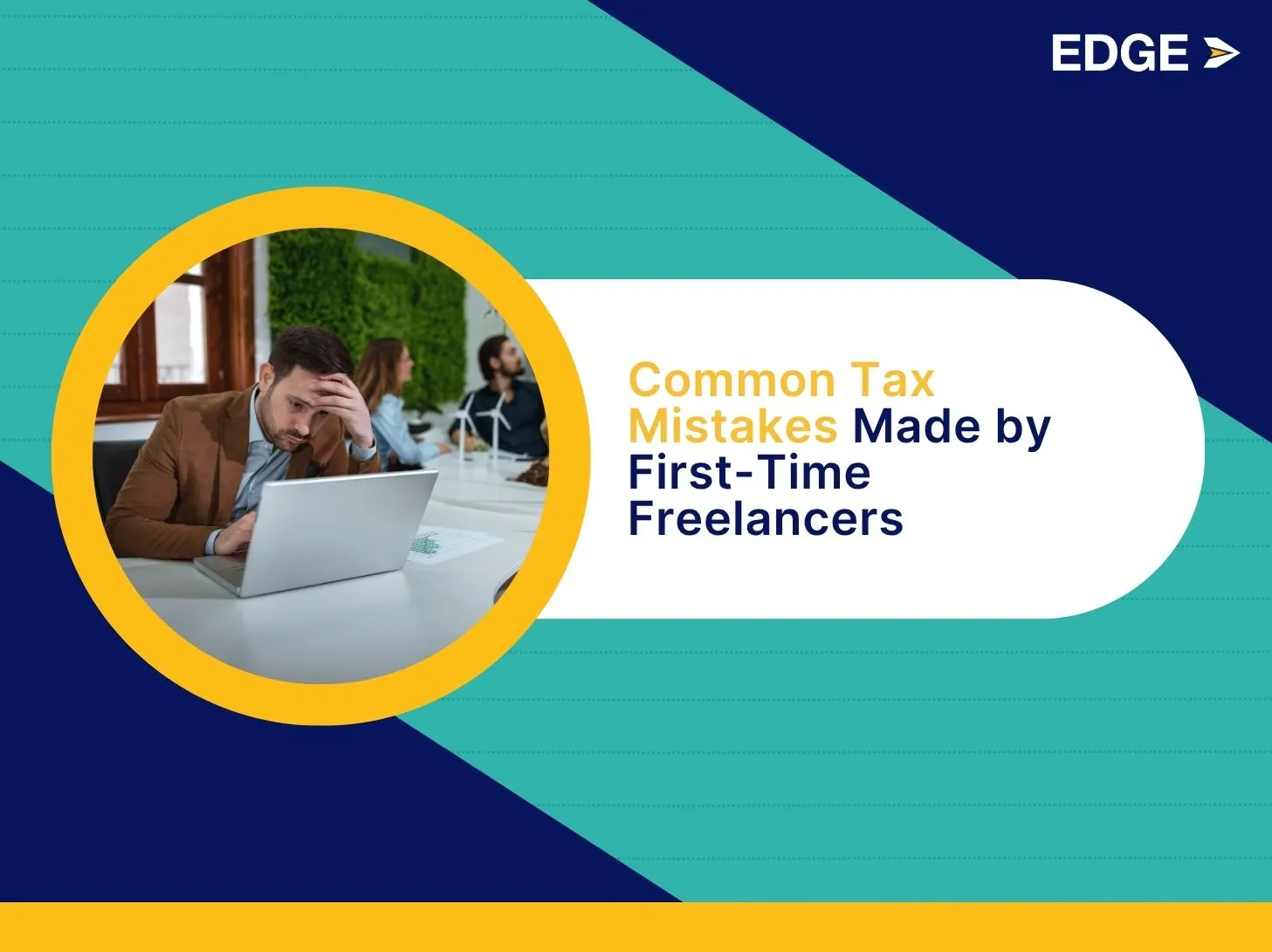
Starting a freelance career in the Philippines is exciting. You’re your own boss, you control your time, and you choose the projects you love. But with that freedom comes responsibility, especially when it comes to taxes. Many first-time freelancers make common tax mistakes that can lead to big headaches later on.
At EDGE Tutor, we work with many talented freelance tutors, and we know how crucial it is to stay tax-compliant. Responsible tax filing protects your income, builds credibility, and opens doors for long-term growth.
In this article, we’ll walk you through some of the most common freelancer tax mistakes in the Philippines and how to avoid them.
One of the first things new freelancers forget or choose not to do is to register with the Bureau of Internal Revenue (BIR). Some think it’s not needed because they’re just starting out or earning small. But whether you earn PHP 5,000 or PHP 50,000 a month, tax laws still apply.
Delaying registration means you won’t be able to legally issue official receipts (ORs), which some clients will require. It also means your income isn’t being declared properly, which could lead to problems later.
If you register late, BIR penalty fees will pile up. You might face surcharges, interest, and compromise penalties. This will only you way more than if you had just registered on time.

Filing taxes isn’t just about submitting forms. It’s about doing it correctly.
New freelancers often get confused with which forms to file. For example, using 2551Q (percentage tax) instead of 1701Q (income tax), or forgetting to file the 0619-E (monthly withholding tax).
Wrong entries and miscalculations are also common incorrect tax filing errors. These can lead to tax deficiencies, which means you’ll have to pay more later, plus penalties.
Filings must be done on time. It’s not a one-time thing. There are monthly, quarterly, and annual filings to remember.
Late Submission Penalties: Missed deadlines come with penalties and interest. Even if your income is low or zero for the quarter, you’re still required to file. Not filing is one of the easiest ways to get penalized.
Confusion on Quarterly and Annual Filings: Quarterly forms (like 1701Q) and annual forms (like 1701 or 1701A) have different due dates. New freelancers sometimes mix them up or forget to file one or the other.
Once you’re BIR-registered, you’re required to issue Official Receipts (ORs) to your clients. Some first-time freelancers skip this or use unofficial receipts, not realizing it’s a violation.
Aside from being required, ORs also serve as proof of income for loan applications, visa applications, and more.
Proper records make tax filing easier and help you avoid issues if BIR ever audits you.
Many freelancers don’t store digital or physical copies of receipts, invoices, or BIR Form 2307 (Withholding Tax Certificate). These are important for deducting taxes you’ve already paid or for proof of income and expenses.
Good news: These freelancer tax mistakes in the Philippines can be avoided with a little effort.
Being a freelancer gives you freedom, but that freedom comes with the duty to stay compliant with the law. By avoiding these freelancer tax mistakes in the Philippines, you save yourself from paying unnecessary BIR penalty fees and stay on the right side of the law.
EDGE Tutor believes in supporting our freelance tutors not just in teaching, but in growing sustainable careers. Being tax-compliant is a step toward becoming a trusted and professional freelancer. You don’t have to get everything perfect on day one. Start small, learn as you go, and reach out for help when you need it. It’s all part of building a career you can be proud of.